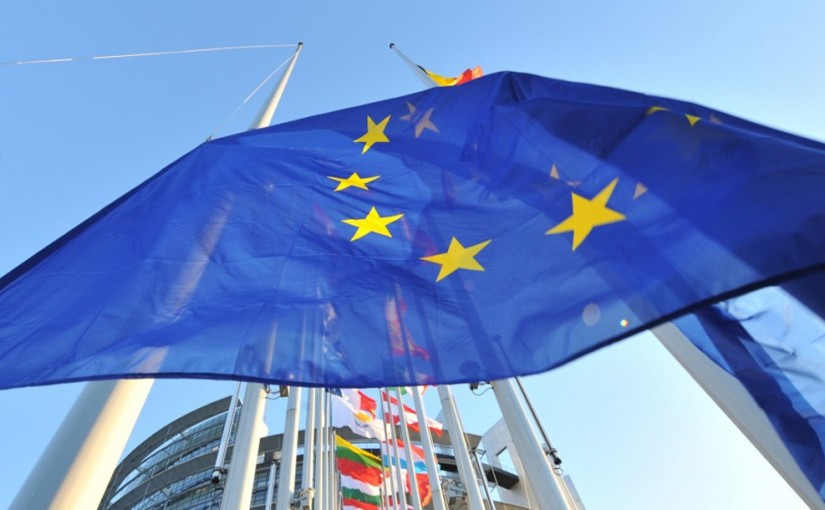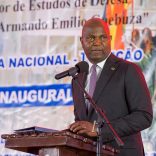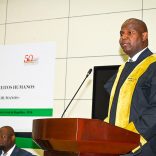Uzbekistan and Mozambique establish diplomatic relations
EU: Trust is the biggest challenge facing Mozambicans

Reuters (File photo)
The representative of the European Union (EU) in Maputo said on Tuesday that the biggest challenge facing Mozambique in overcoming the current conflict is building trust between the government and the opposition and other political and social players.
“The solution by military means and violence will not resolve this conflict and it will also be counterproductive to overcome the biggest challenge facing this country: trust between opposition and government and among many players in the political and social level,” said Sven von Burgsdorff in a press conference at the opening of the EU Week in Maputo.
The representative of the EU, which coordinates the team of mediators in the peace negotiations between the government and the Mozambican National Resistance (Renamo), said that Brussels welcomes the efforts of both sides to overcome this crisis and seek a “peaceful, political and negotiated solution,” insisting that, to this end, “trust is indispensable,” as is the involvement of civil society, academics, provinces and people in general.
“They are the first to be affected by the crisis and they have to be the first to find solutions,” Von Burgsdorff said, highlighting the cessation of hostilities and the taking of measures to ensure that “political commitments which meet the requirements and ambitions of both parties are reached” as a “precondition”.
The diplomat also mentioned the economic crisis and public debt in Mozambique and the latest developments announced by the Government and the International Monetary Fund (IMF) for the recovery of the country’s credibility abroad.
“The IMF conditions are known and we fully support the Government’s recent initiatives to find a way to overcome these constraints and the current crisis, which deeply affects the country and population,” Von Burgsdorff, who chairs the state’s budget donors group, said.
The G14 and IMF suspended aid to Mozambique following the disclosure of substantial loans taken on without its or the Mozambican parliament’s knowledge and which have swelled public debt to unsustainable levels. The resumption of aid is now subject to an independent international audit, now accepted by the Mozambican government.
EU Week began with a conference on the economic partnership agreement between the European bloc and countries of the Southern African Development Community, to which Mozambique belongs. Five countries have ratified the agreement, and, according to the European representative, the Mozambican parliament will do the same by the end of the year.
The EU delegation plans to promote seminars throughout the country to explain to local businesses the implications of the agreement, which provides free access into the European market for Mozambican products, exemption from import costs for industrial development goods from Europe and trade protection for European goods that compete with those produced in Mozambique.
This understanding, Von Burgsdorff explained, is only extended to low-income countries, and as Mozambique becomes a middle-income country “it will lose this privileged and preferential access to the European market”.
Over the next few days, the EU Week has scheduled conferences on early marriage, the right to information in the extractive industry, Sustainable Development goals, community radio and biodiversity as well as cinema and music shows and dance and sports competitions.
“The EU not only finances projects, mediates peace agreement dialogue, facilitates investment and supports cultural events. It is a broad collaboration between the 500 million European people and 28 member states and the Mozambican people,” Von Burgsdorff argued.













Leave a Reply
Be the First to Comment!
You must be logged in to post a comment.
You must be logged in to post a comment.